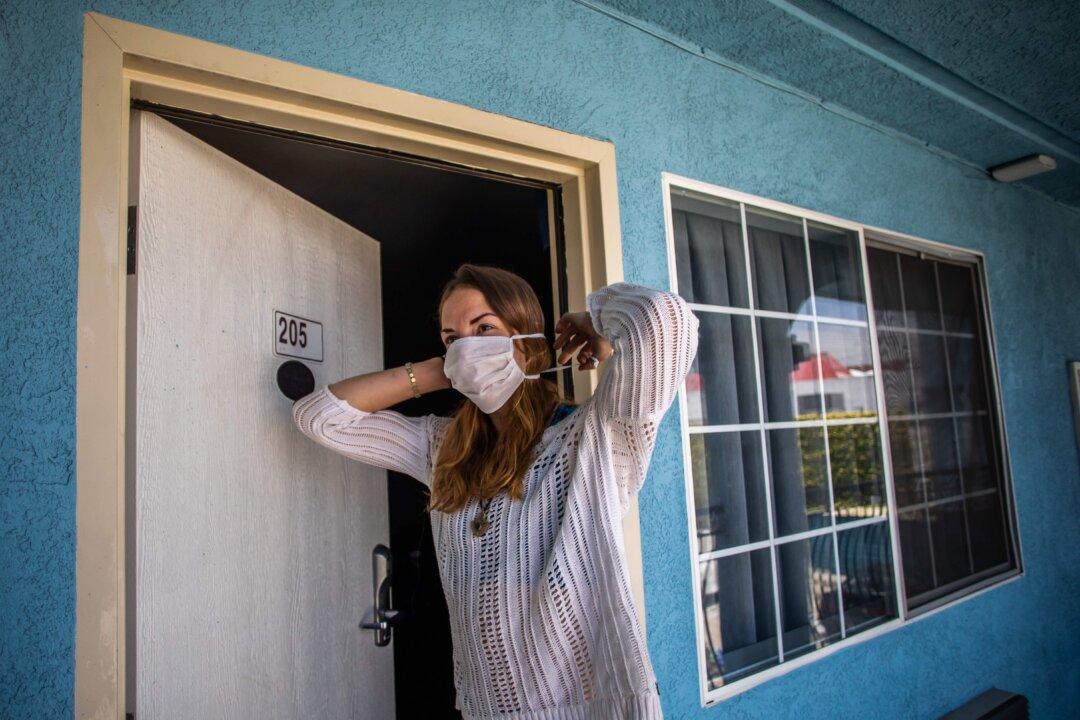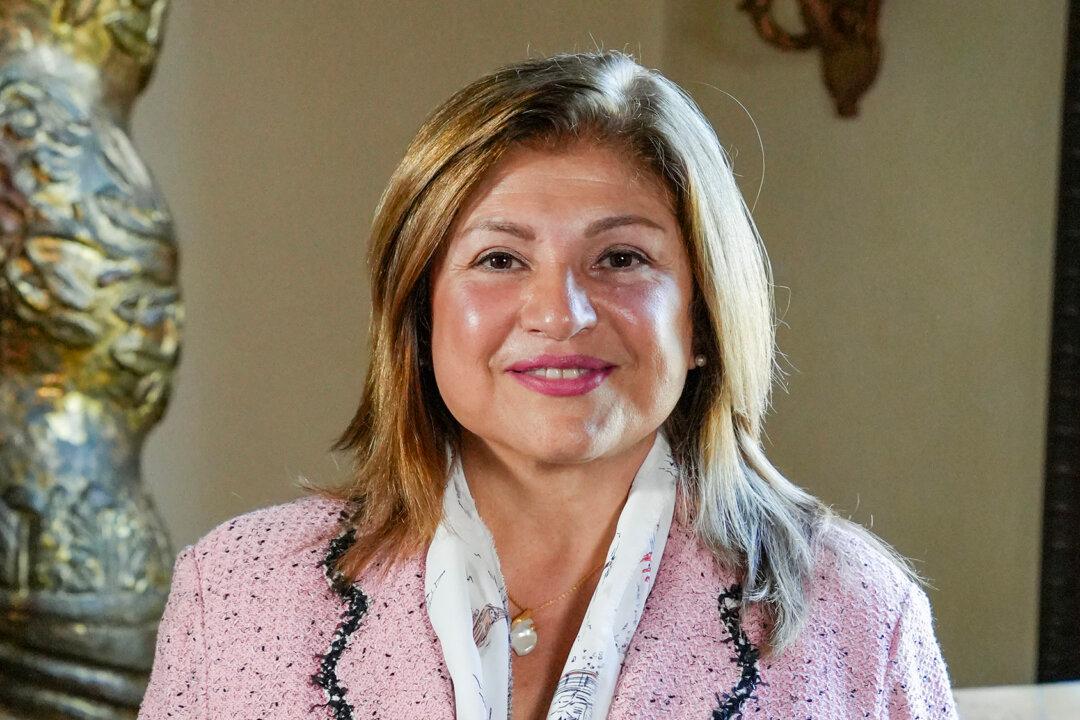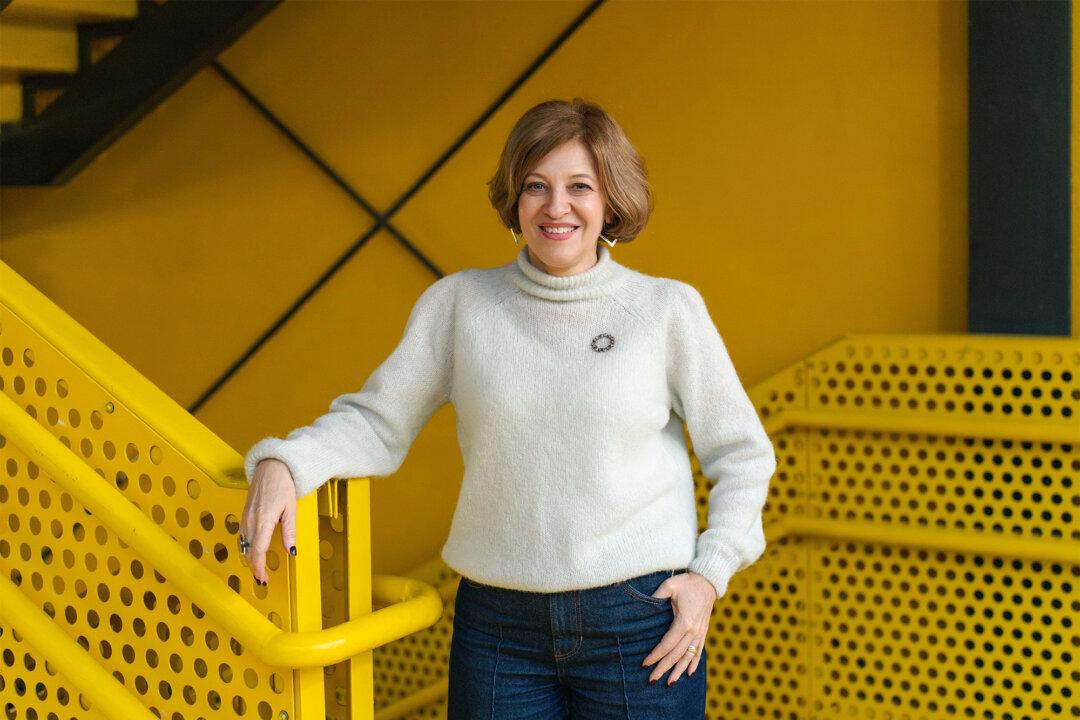California Gov. Gavin Newsom recently announced that he’ll extend the state-run Project Roomkey that has brought homeless people into hotels amid the COVID-19 pandemic, and invest $1.3 billion into permanently housing the homeless.
Hotel owners in San Francisco say the benefits of the program—with its new name Project Homekey—include a steady income from the state, at a time when hotel rooms would otherwise remain vacant, while the downfalls include syringes in the hallways, overdoses on the premises, and concerns about the homeless taking on the legal status of “tenants,” they told The Epoch Times.





